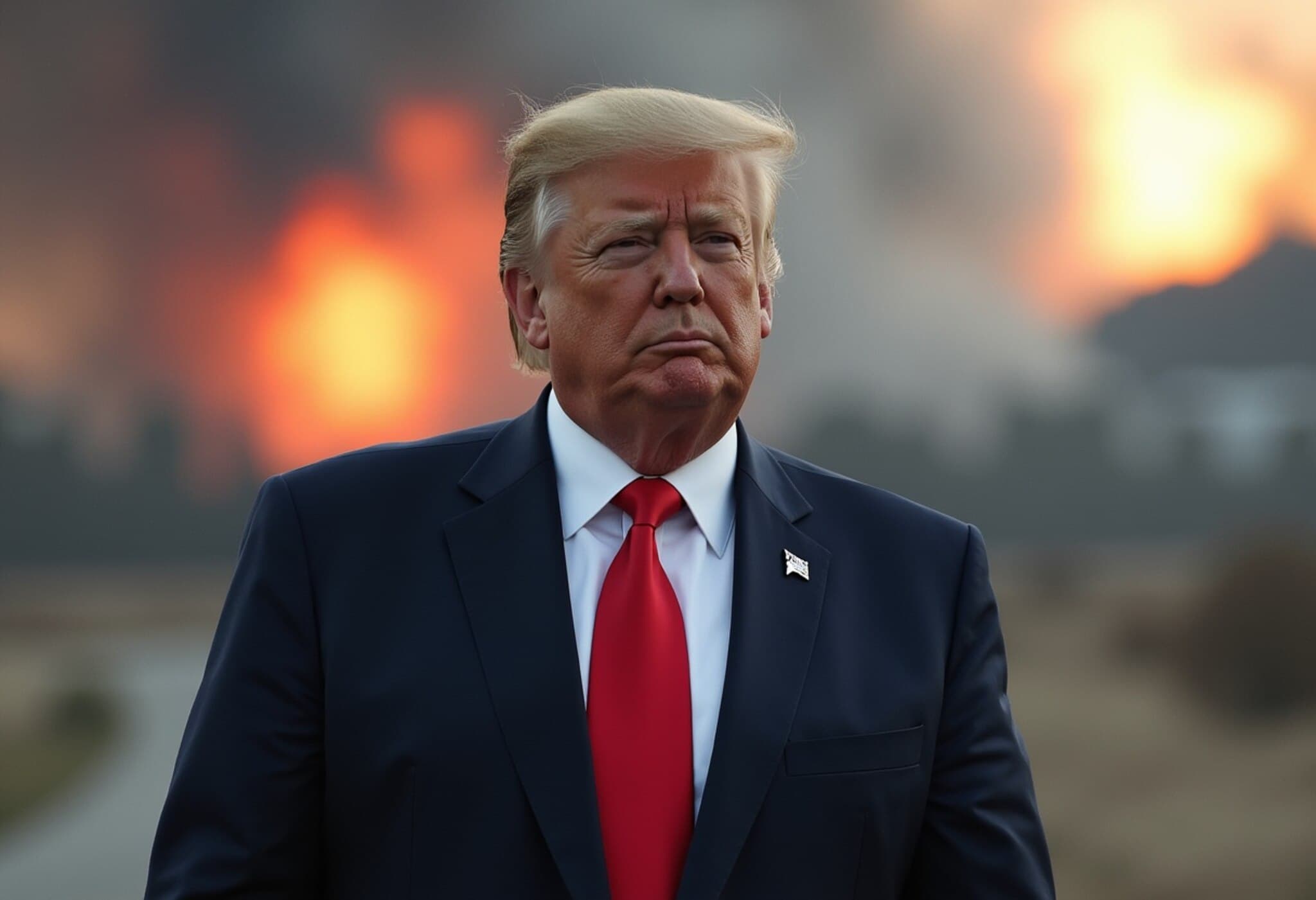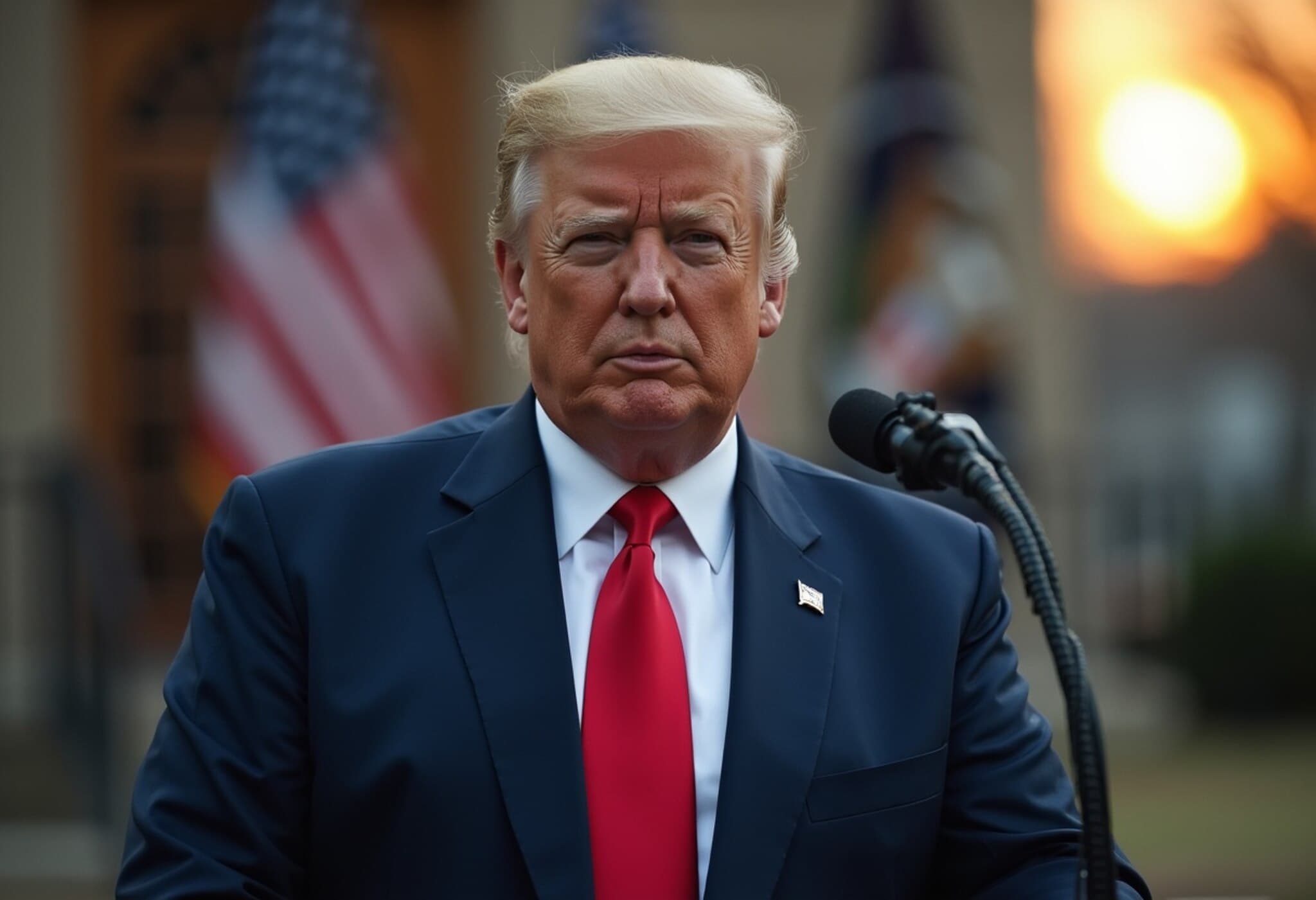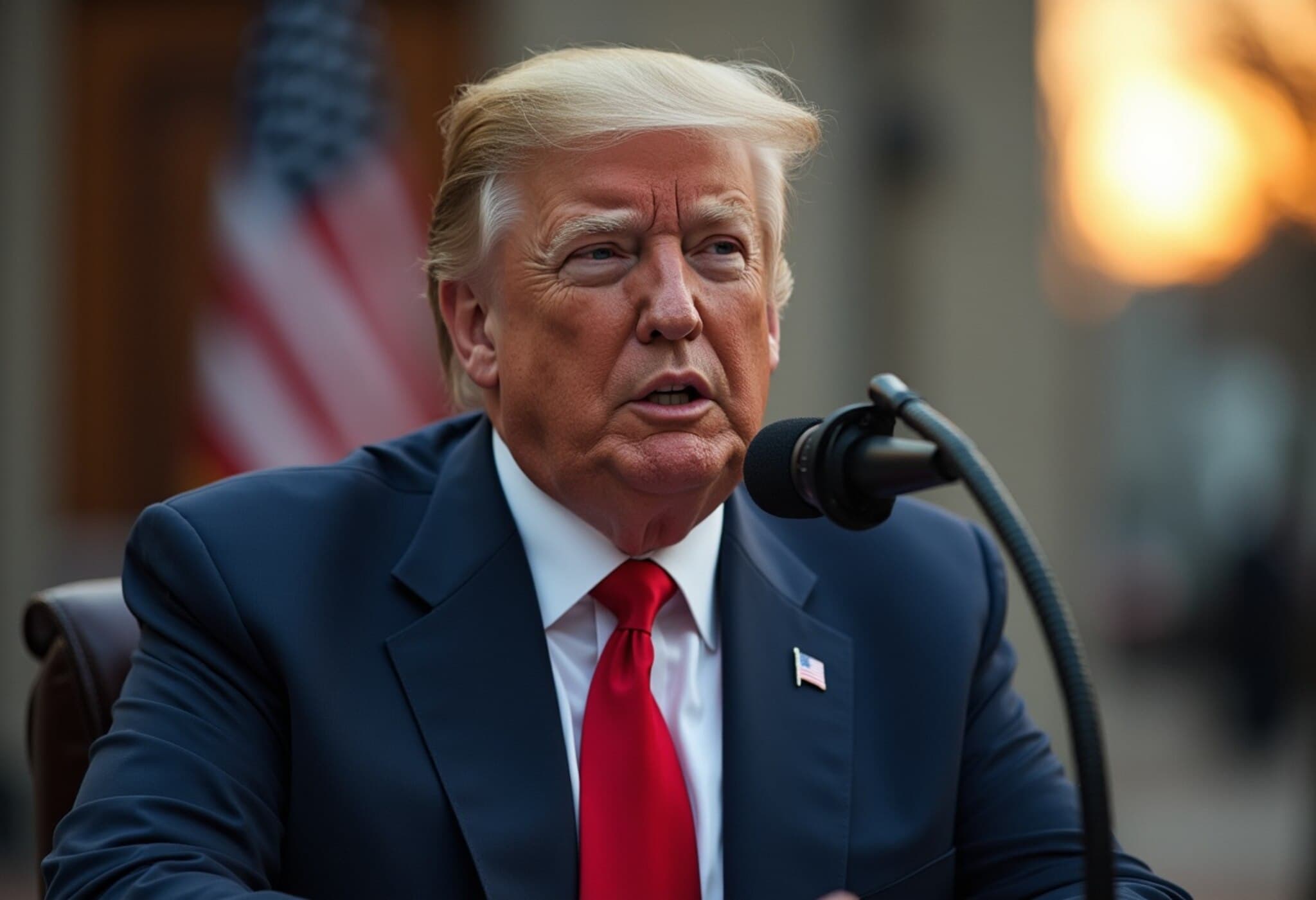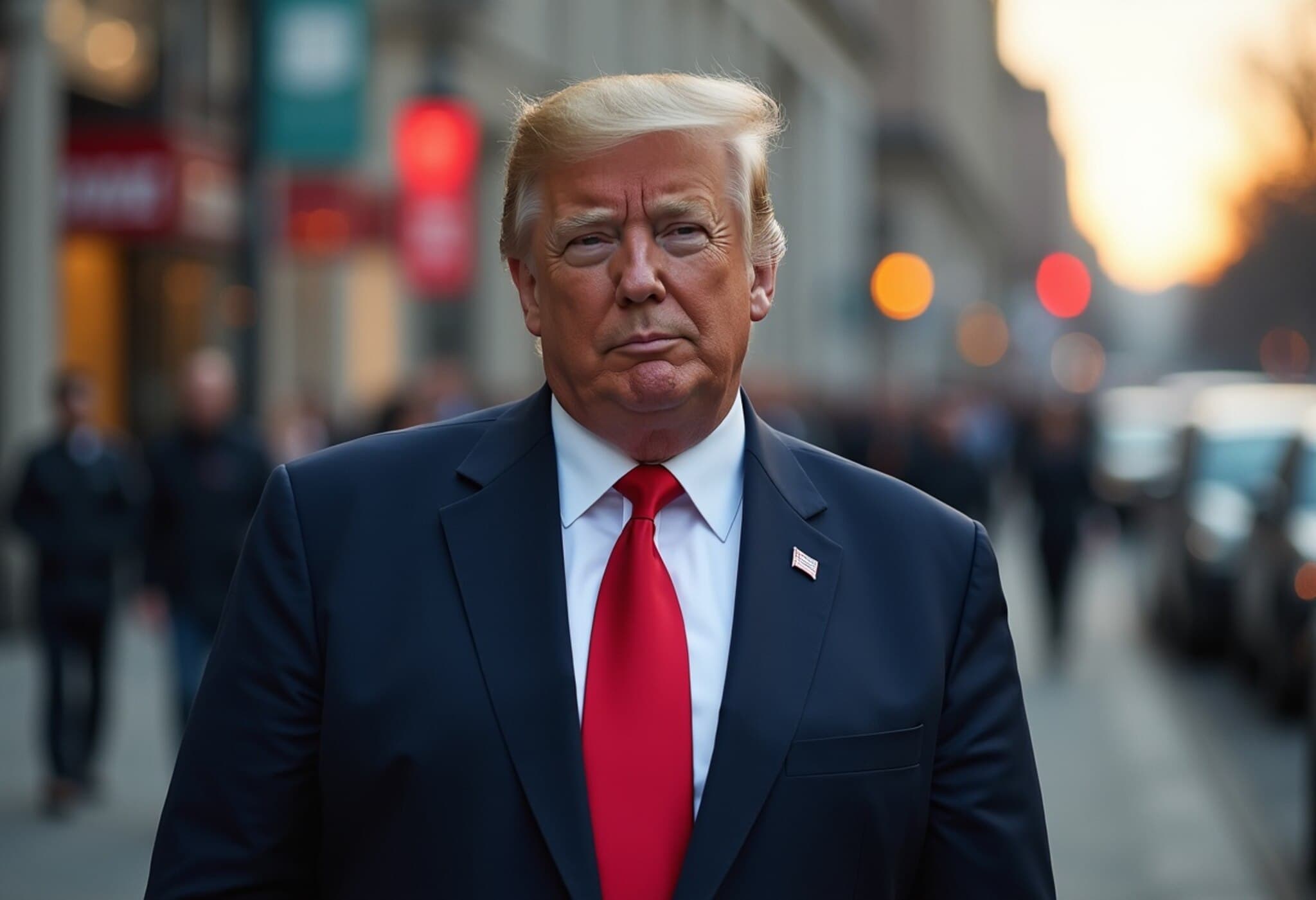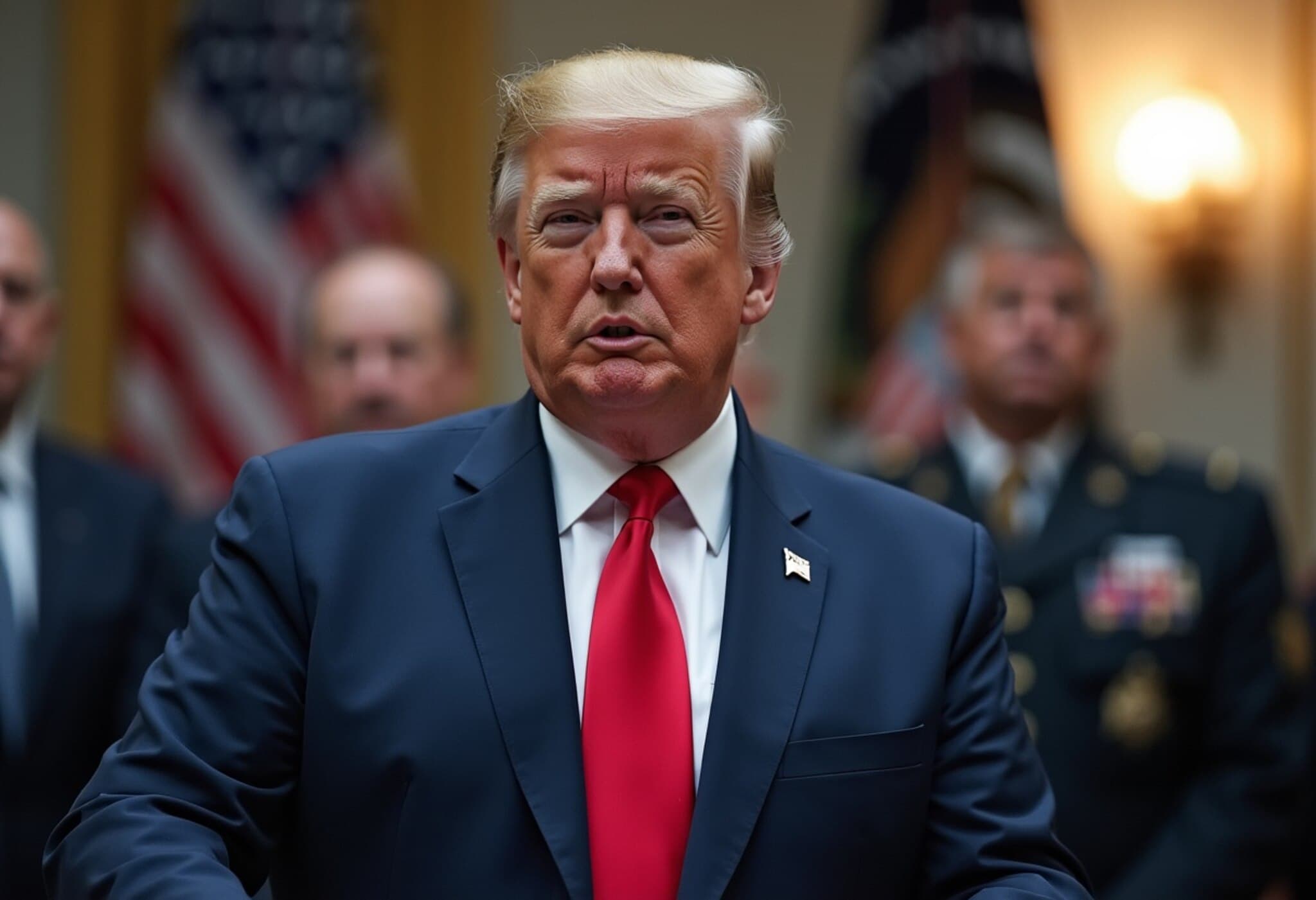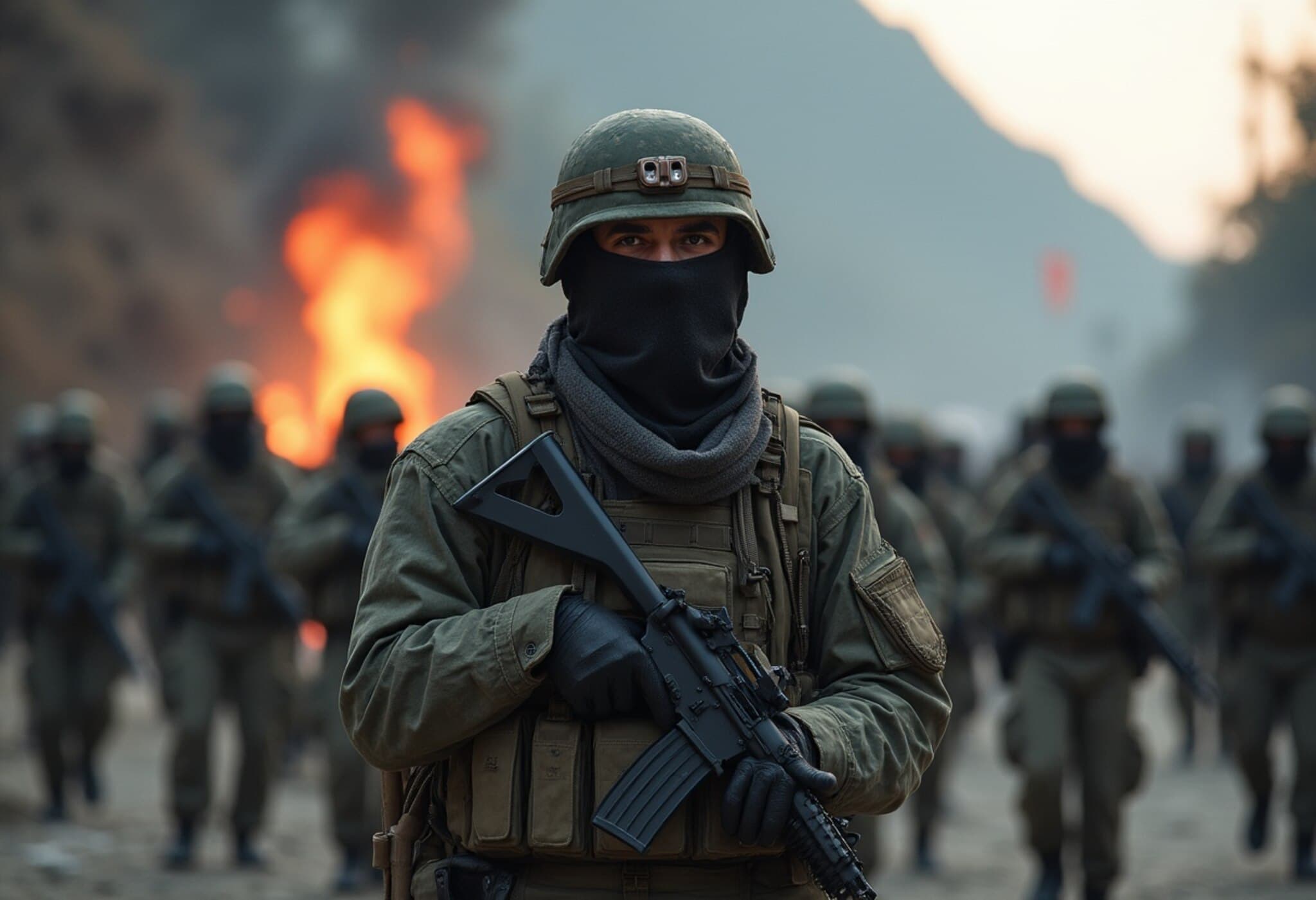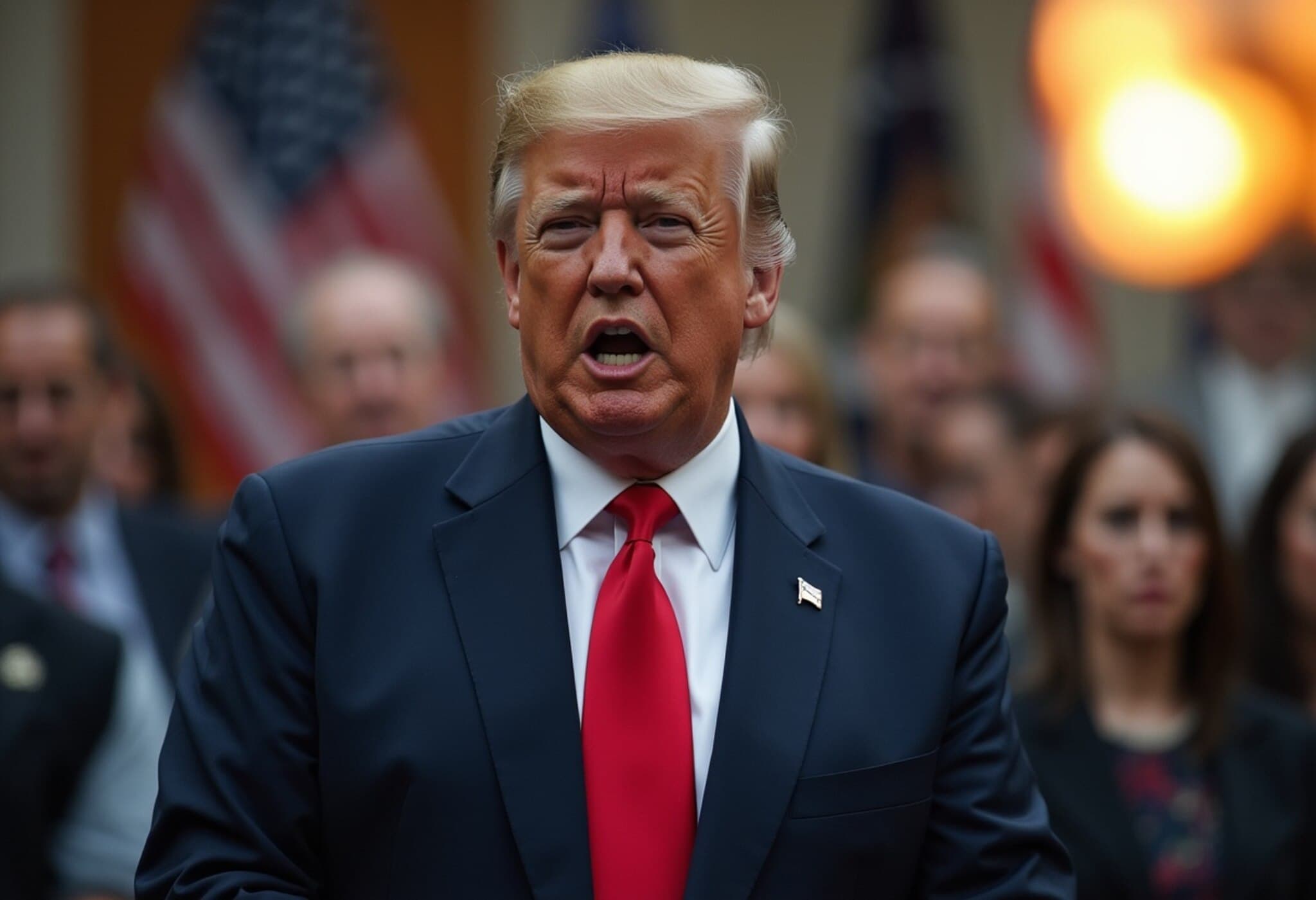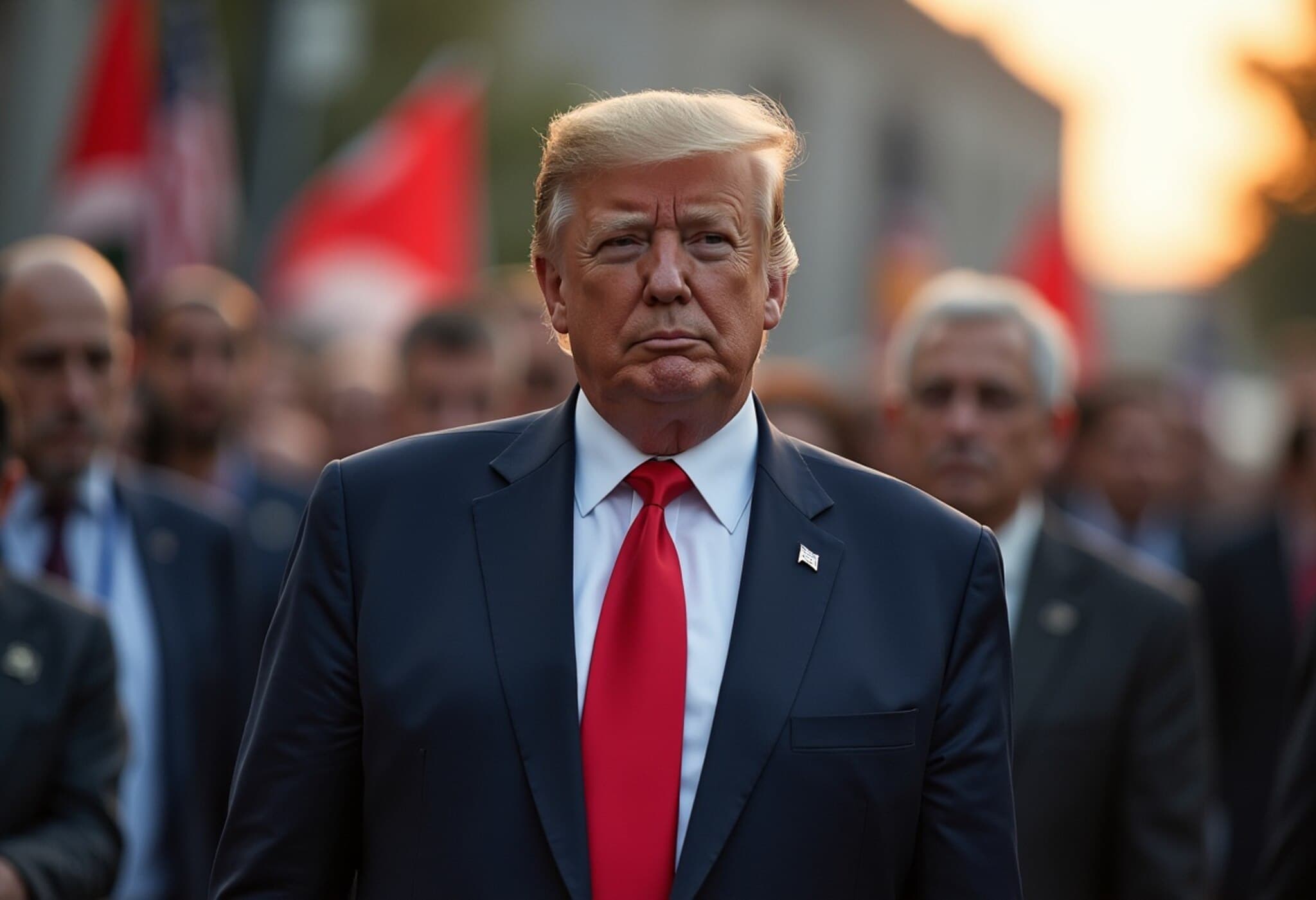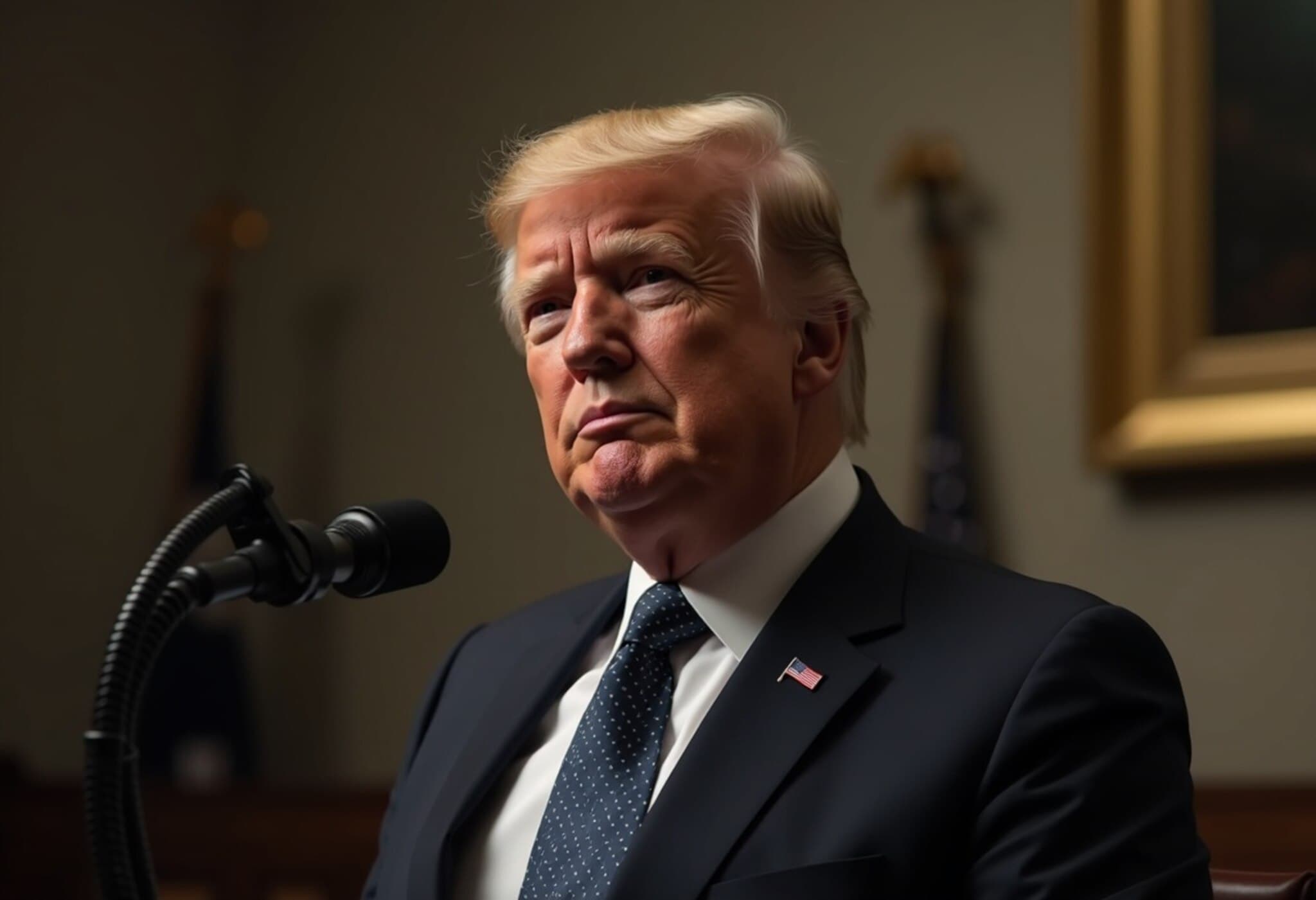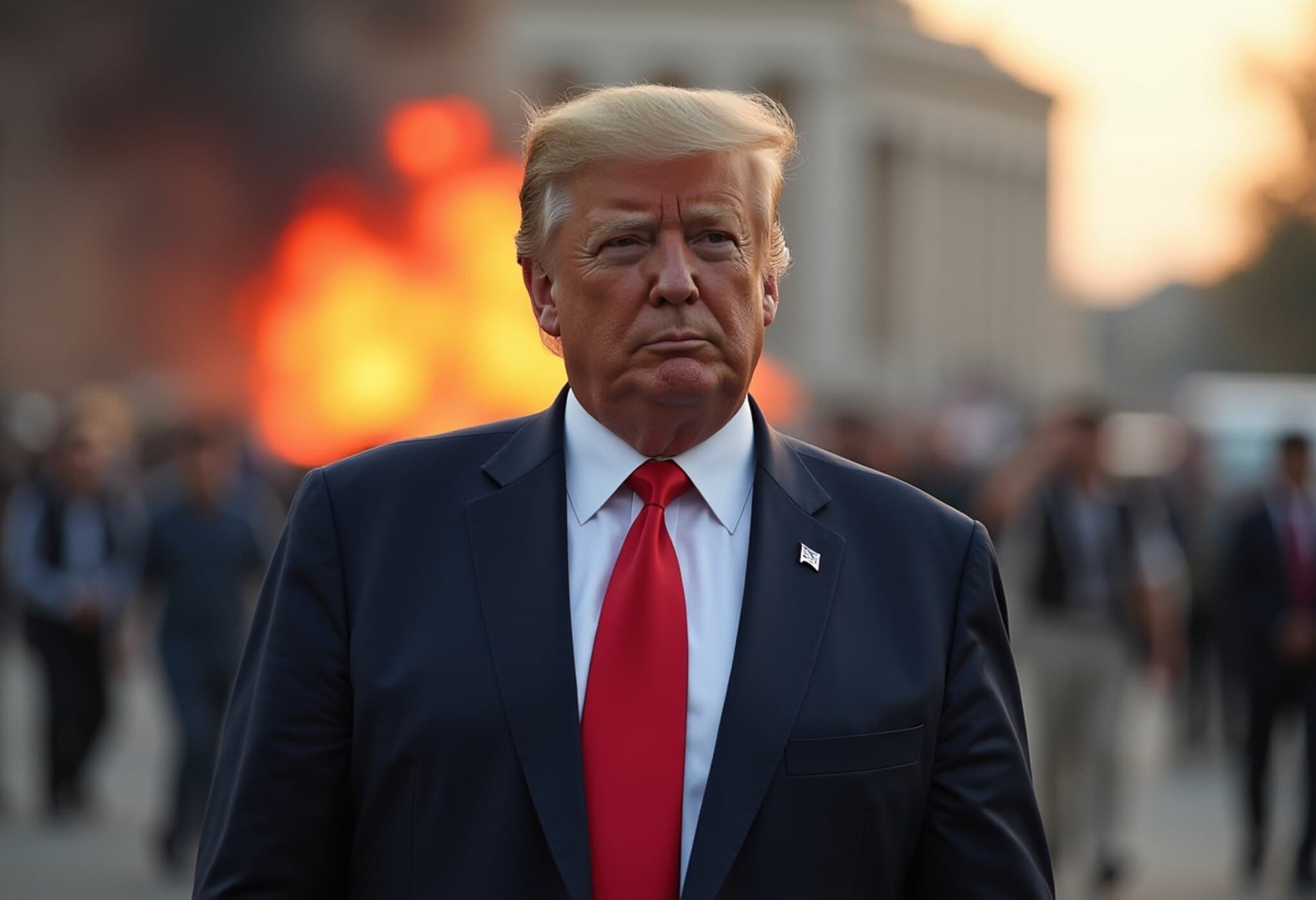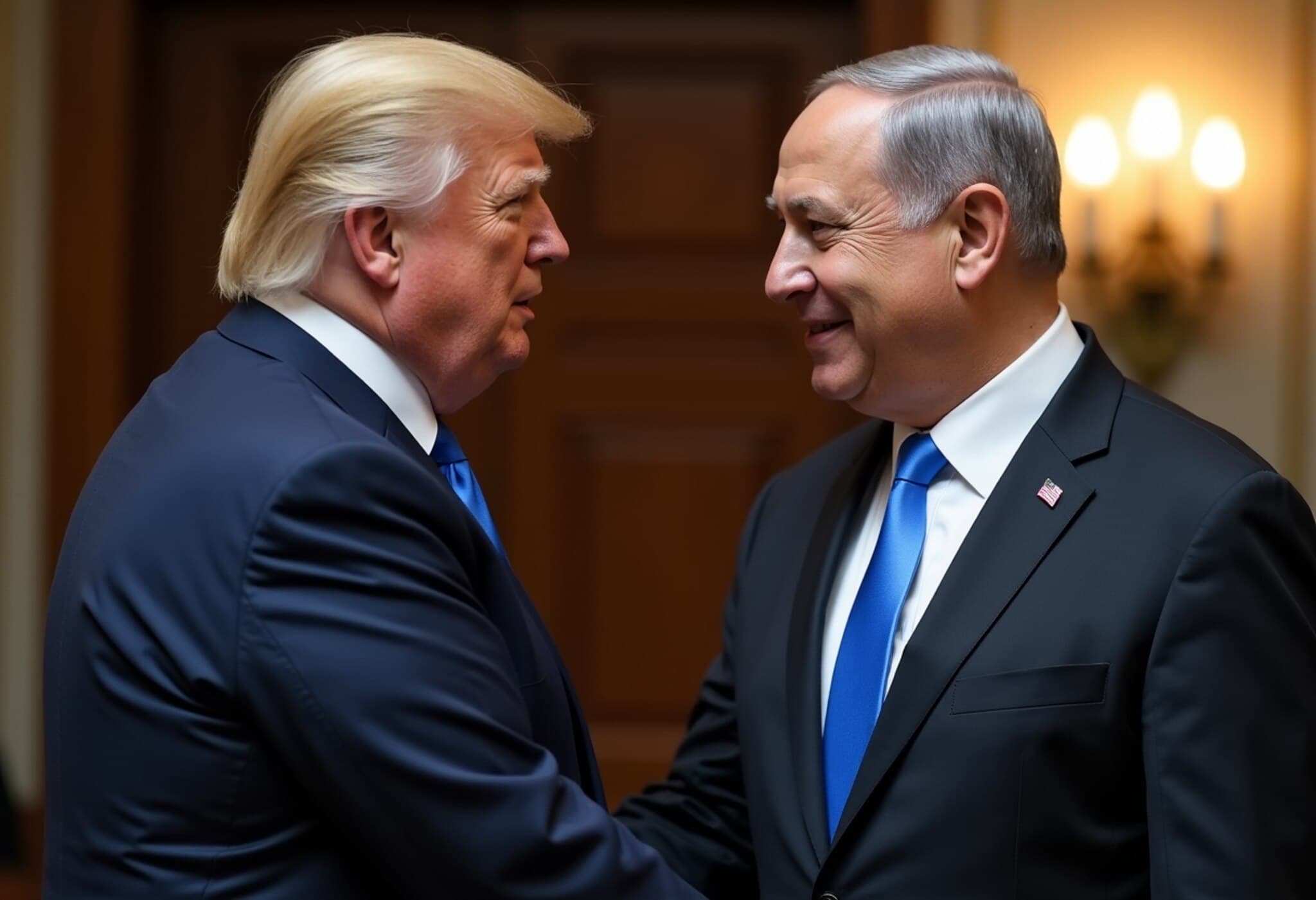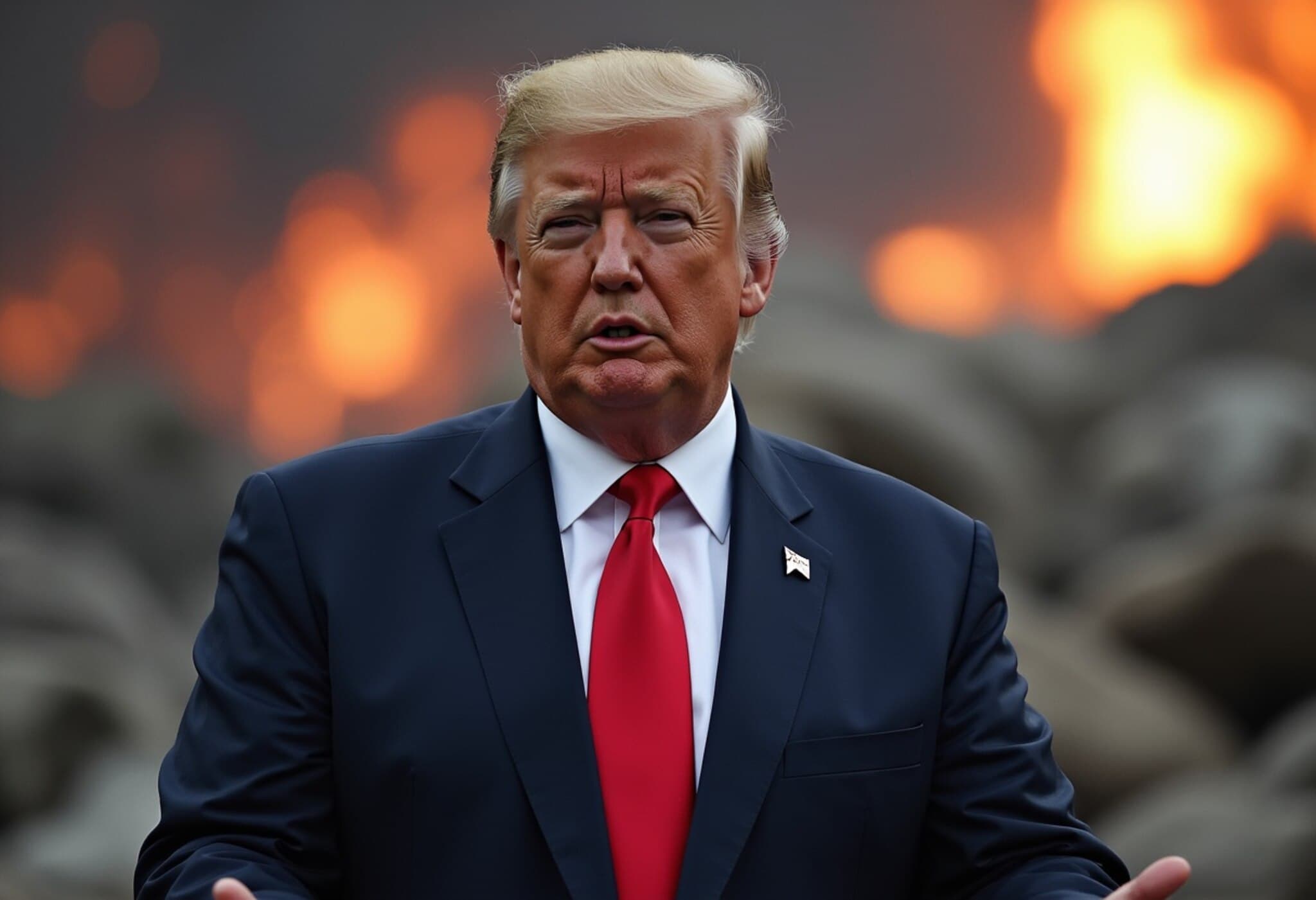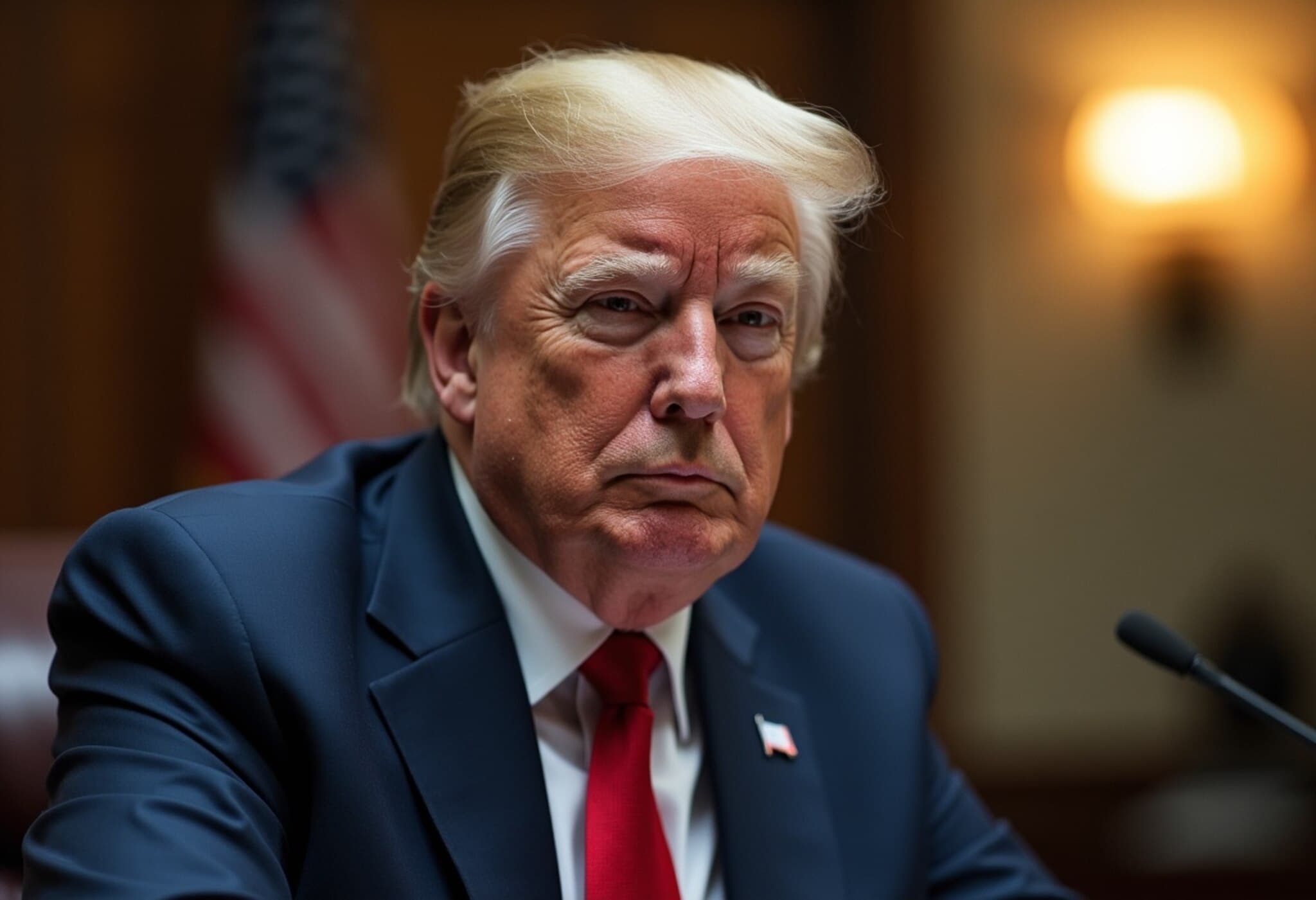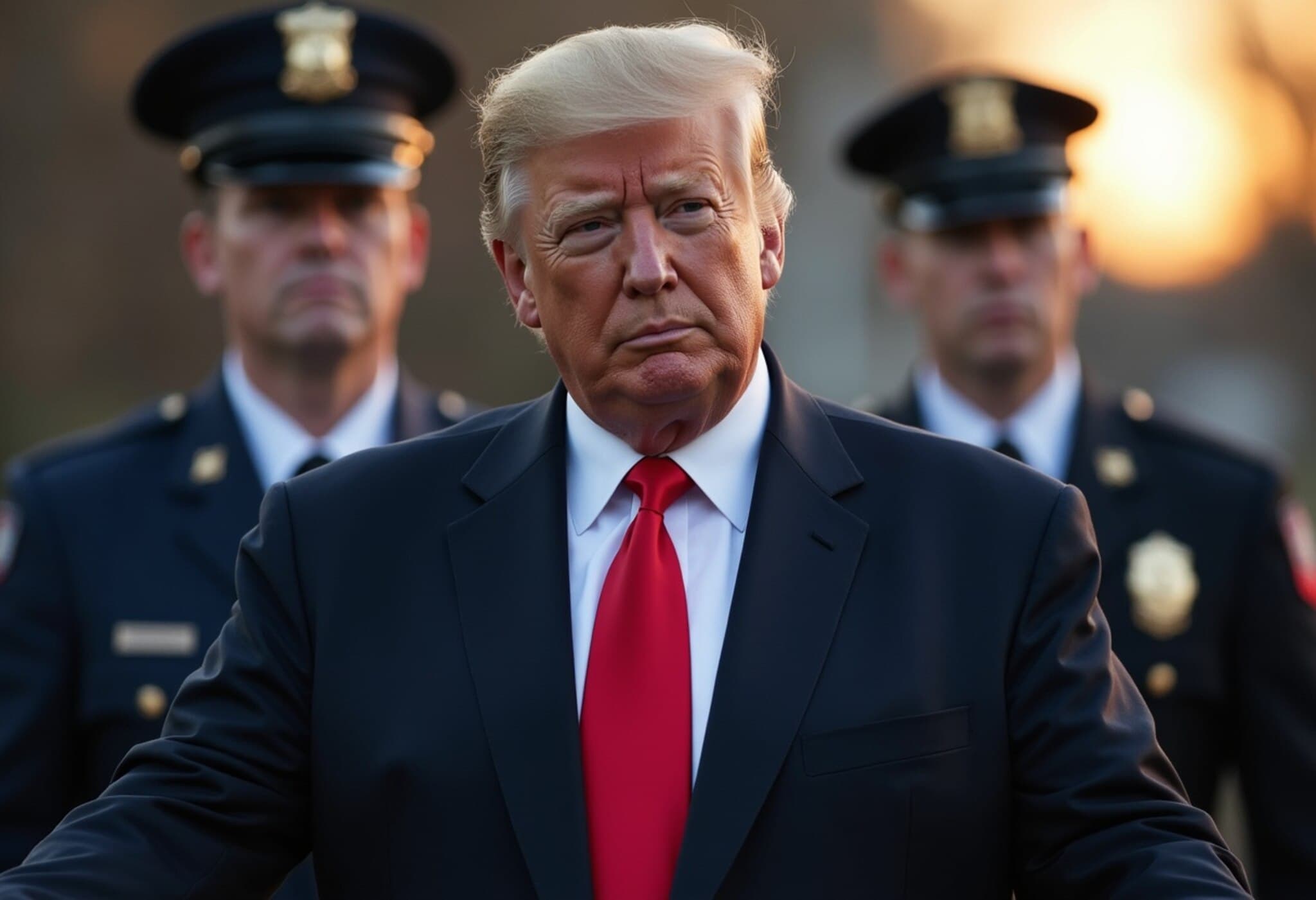Trump Highlights Unprecedented B-2 Mission on Iran
In a recent statement that has reignited discussions around US military strategy and presidential decision-making, former President Donald Trump asserted that the pilots of B-2 Spirit bombers involved in Operation Midnight Hammer conveyed to him that no prior US president had the resolve to authorize such a strike against Iran. According to Trump, these pilots revealed during a visit to his office that while they had trained for this mission over two decades, it was the first time they were ordered to execute it.
"You had a tremendous success with the strike that we had getting rid of nuclear weapons in Iran," Trump stated. "When the pilots came to my office, they said something very interesting. They've been practicing this for 22 years, but no president had the guts to tell us to do it." Trump went further to rate the attack as a "15 out of 10," underscoring his perception of its overwhelming success.
Context: Operation Midnight Hammer and the Israel-Iran Conflict
The US B-2 airstrikes took place on June 22, targeting three critical Iranian nuclear facilities amid escalating tensions between Iran and the US's close ally, Israel. The conflict ignited on June 13, with Israel launching operations against Iran’s nuclear and military infrastructure. The ensuing hostilities culminated in a ceasefire brokered by Trump on June 24.
Despite the ceasefire, Iran retaliated with a missile attack on a key US military base in Qatar, underscoring the volatile dynamics in the region. This instance highlights the delicate balance of power and the ongoing challenges the US faces in navigating Middle Eastern conflicts.
Expert Insight: Military Strategy and Presidential Leadership
Trump’s comments, while reflecting his characteristic self-confidence, also open the floor to broader discussions on presidential authority and military engagement. Historically, striking deep inside Iran has been fraught with political and strategic risks, given the potential for escalation. The claim that previous presidents refrained from such missions speaks to the caution exercised by US leadership amid complex geopolitical calculations.
Military analysts note that while bold actions can disrupt adversarial nuclear ambitions, they also risk unintended consequences. The success of Operation Midnight Hammer, as Trump describes it, would represent a significant shift in US military assertiveness in the region.
Unreported Angles and Critical Questions
- Verification of Claims: There is no independent confirmation of Trump’s account of the pilots’ statements. Statements from active military personnel regarding such sensitive missions are typically classified, raising questions about the veracity and timing of these claims.
- Long-Term Implications: The impact of airstrikes on Iran’s nuclear capabilities and regional stability remains to be closely monitored. How these strikes fit into broader US-Iran relations and the potential diplomatic fallout warrants further examination.
- US Military Presence in the Gulf: Iran's missile strike on the US base in Qatar signals enduring vulnerabilities of US forces in the region, prompting debate over defense postures and strategic priorities.
Looking Ahead: The Balance of Power in the Middle East
The recent events underscore the tangled geopolitical realities in the Middle East, where US, Israeli, and Iranian interests often collide with far-reaching consequences. Trump's retrospective praise of the strike invites reflection on the roles of leadership and risk in international security decisions.
As tensions persist, the United States faces critical choices about its military involvement, diplomatic engagement, and the delicate effort to curb nuclear proliferation without triggering wider conflict.
Editor's Note
This story highlights the intersection of presidential decision-making and military strategy during heightened Middle Eastern tensions. While Trump’s claims underscore his self-styled image as a decisive leader, the broader implications of such actions merit cautious scrutiny. Readers are encouraged to consider the complex balance between decisive military action and the risk of escalation, especially given the opaque nature of classified operations and the fragile regional peace.

